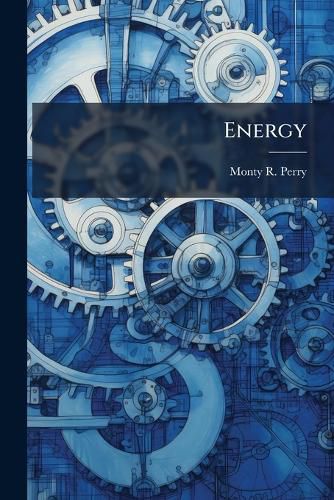Readings Newsletter
Become a Readings Member to make your shopping experience even easier.
Sign in or sign up for free!
You’re not far away from qualifying for FREE standard shipping within Australia
You’ve qualified for FREE standard shipping within Australia
The cart is loading…






This paper examines the state of the nation and the Air Force with regard to energy. First, it describes in detail the "perfect storm," or convergence of reasons why the problem of energy dependence deserves immediate and uncompromising attention. In short, there exists a three-pronged threat of environmental damage, market instability associated with crude oil depletion, and most importantly, energy security issues that must be addressed. The paper argues that energy independence is the answer. The US Air Force, as the single largest institutional consumer of oil in the United States, is in a position similar to that of the nation as a whole who, despite representing only about 5 percent of the world's population, consumes 25 percent of the world's oil. Both the United States and the Air Force are thus in positions of responsibility and poised to serve as an example for others. The second portion of the paper describes initiatives either already undertaken or planned by the Air Force to help in becoming more energy independent.
This work has been selected by scholars as being culturally important, and is part of the knowledge base of civilization as we know it. This work was reproduced from the original artifact, and remains as true to the original work as possible. Therefore, you will see the original copyright references, library stamps (as most of these works have been housed in our most important libraries around the world), and other notations in the work.
This work is in the public domain in the United States of America, and possibly other nations. Within the United States, you may freely copy and distribute this work, as no entity (individual or corporate) has a copyright on the body of the work.
As a reproduction of a historical artifact, this work may contain missing or blurred pages, poor pictures, errant marks, etc. Scholars believe, and we concur, that this work is important enough to be preserved, reproduced, and made generally available to the public. We appreciate your support of the preservation process, and thank you for being an important part of keeping this knowledge alive and relevant.
$9.00 standard shipping within Australia
FREE standard shipping within Australia for orders over $100.00
Express & International shipping calculated at checkout
This paper examines the state of the nation and the Air Force with regard to energy. First, it describes in detail the "perfect storm," or convergence of reasons why the problem of energy dependence deserves immediate and uncompromising attention. In short, there exists a three-pronged threat of environmental damage, market instability associated with crude oil depletion, and most importantly, energy security issues that must be addressed. The paper argues that energy independence is the answer. The US Air Force, as the single largest institutional consumer of oil in the United States, is in a position similar to that of the nation as a whole who, despite representing only about 5 percent of the world's population, consumes 25 percent of the world's oil. Both the United States and the Air Force are thus in positions of responsibility and poised to serve as an example for others. The second portion of the paper describes initiatives either already undertaken or planned by the Air Force to help in becoming more energy independent.
This work has been selected by scholars as being culturally important, and is part of the knowledge base of civilization as we know it. This work was reproduced from the original artifact, and remains as true to the original work as possible. Therefore, you will see the original copyright references, library stamps (as most of these works have been housed in our most important libraries around the world), and other notations in the work.
This work is in the public domain in the United States of America, and possibly other nations. Within the United States, you may freely copy and distribute this work, as no entity (individual or corporate) has a copyright on the body of the work.
As a reproduction of a historical artifact, this work may contain missing or blurred pages, poor pictures, errant marks, etc. Scholars believe, and we concur, that this work is important enough to be preserved, reproduced, and made generally available to the public. We appreciate your support of the preservation process, and thank you for being an important part of keeping this knowledge alive and relevant.